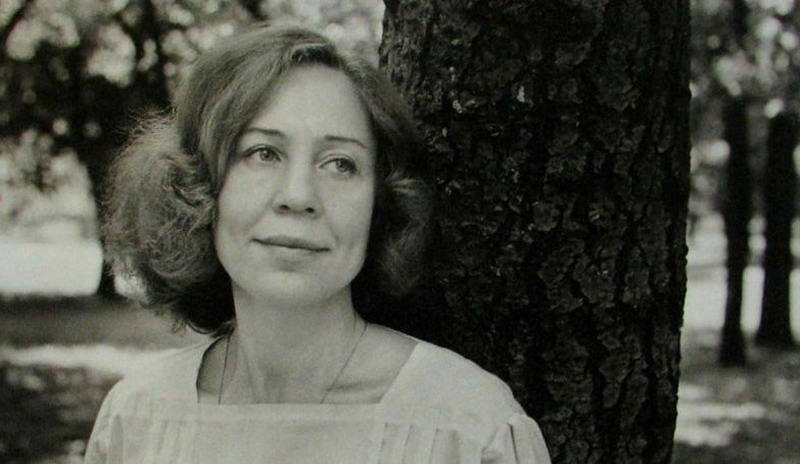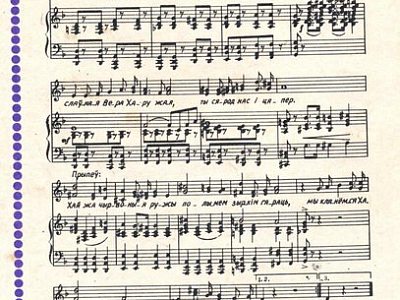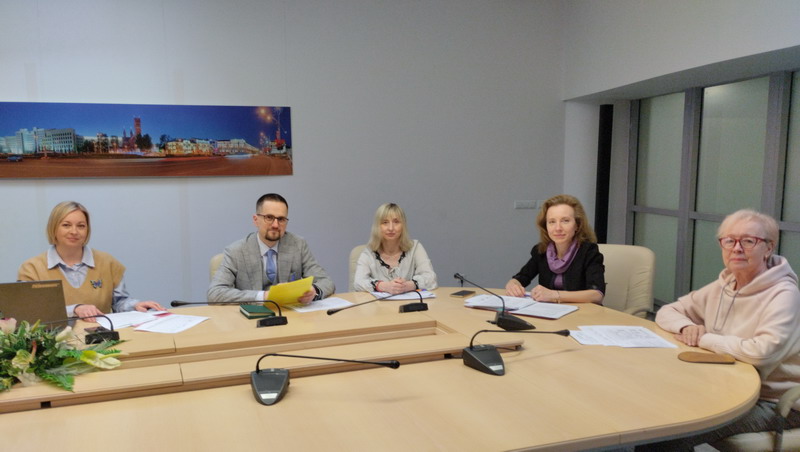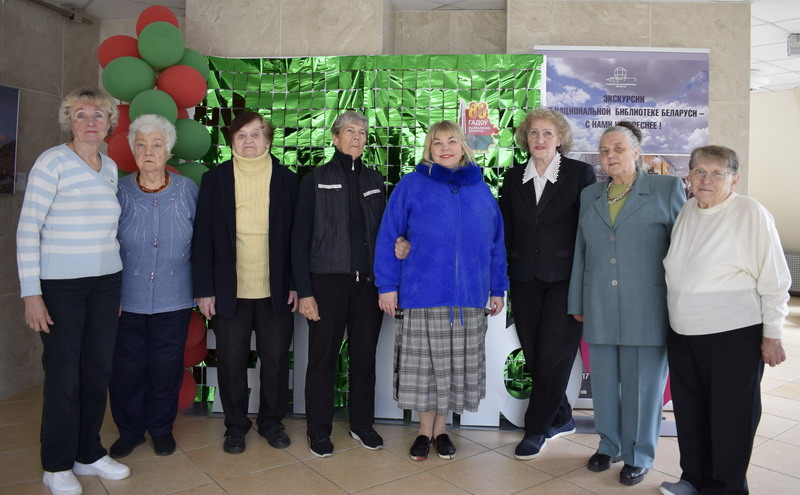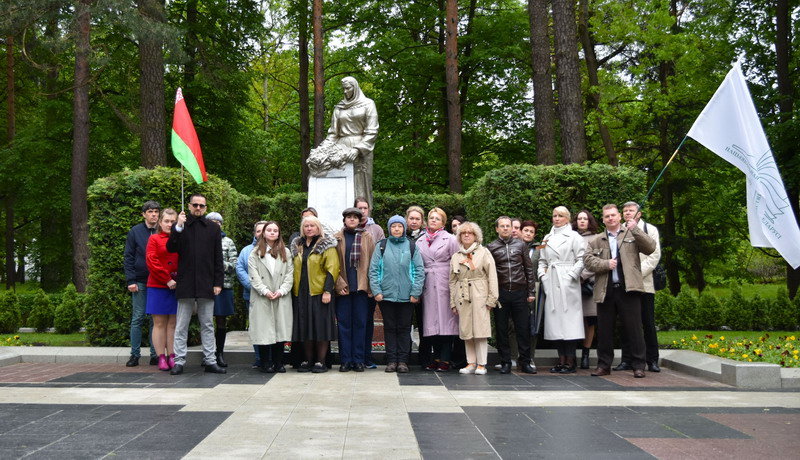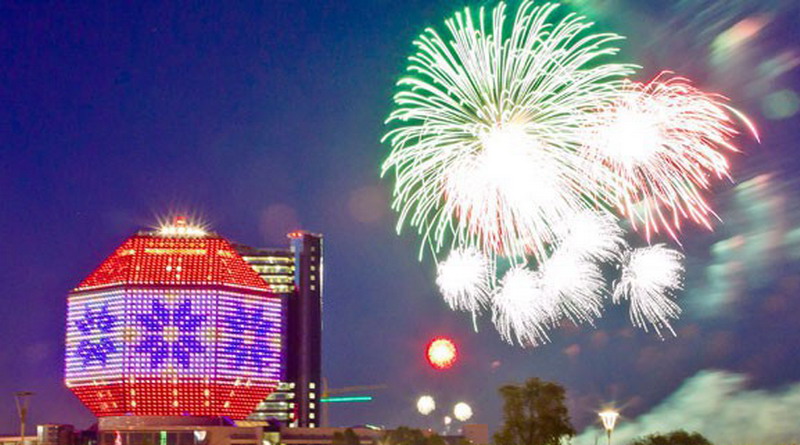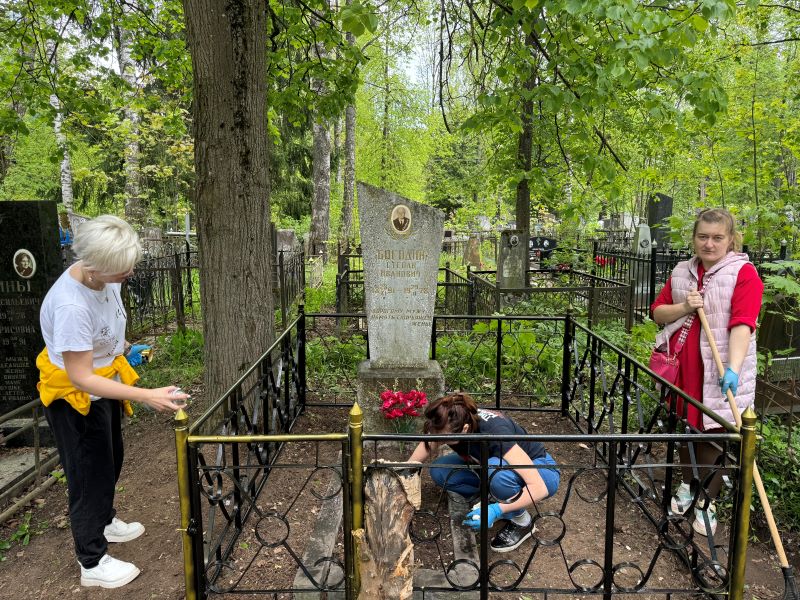November 20th is the 75th anniversary of the birth of Yauhenia Yanishchyts (1948-1988). The poetess belongs to the great cohort of creators whose name is inscribed in the history of Belarusian literature of the 2nd half of the twentieth century. She worked fruitfully and left behind a rich literary legacy.
Yauhenia was born in a peasant family in the village of Rudka, Pinsky district, Brest region. The girl got her surname from her mother's first husband, Maria Andreevna, who died in 1944. Later, the poetess dedicated a poem to him "In memory of Jozas Janischitz" («Памяці Ёзаса Янішчыца»). Yauhenia's father was her mother's second husband, Joseph Potapchuk, to whom she dedicated the work "Yaselda" «Ясельда» (the collection of 1978 also has this name), as well as the poems "Father's firewood" («Бацькавы дровы») and "Patronymic" («Імя па бацьку»).
Yauhenia studied at Rudkovskaya elementary, eight-year-old Merchant and Porech secondary schools. Her poetic talent manifested itself in her school years, she wrote about family and nature, pure aspirations and bright love. The first published work was the poem "Dove" («Голубь») (newspaper "Polesskaya Pravda" «Полесская правда», No. 7, 1963).
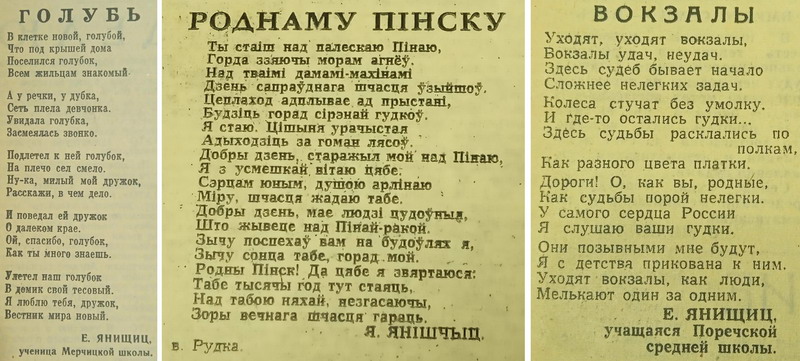
"Polesskaya pravda" («Полесская правда»). - 1963. - January 12 (No. 7) - p. 4
"Polesskaya pravda" («Полесская правда»). - 1964. - October 13 (No. 122) - p. 4
"Polesskaya pravda" («Полесская правда»). - 1965. - March 20 (No. 34). - p. 4
In 1965, the newspaper "Literature and Art" («Літаратура і мастацтва») published poems by Yauhenia Yanishchyts and G. Buravkin's introductory speech to them, where he praises the works of the aspiring star, calls them "poetic, girlish sincere and direct."
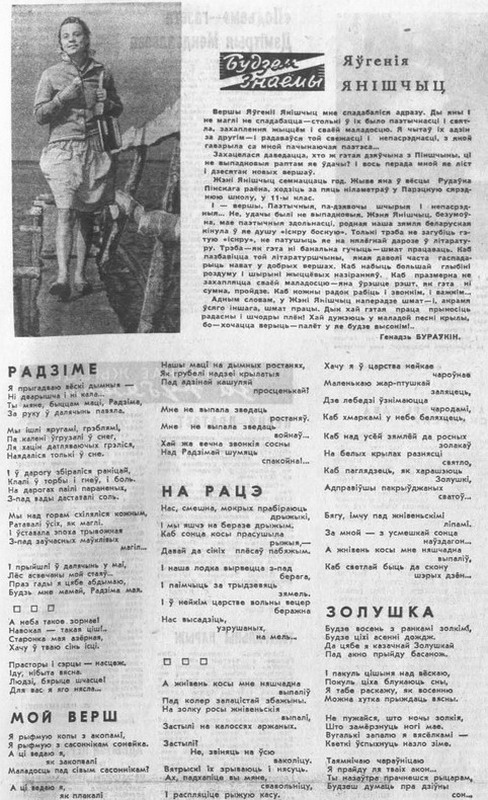
In 1966, Yauhenia Yanishchyts entered the Philological Faculty of the Belarusian State University (BSU). During her studies, she was published in the collective collection of BSU, the yearbook "Poetry Day", on the pages of the magazines "Youth" («Маладосць»), "Birch"(«Бярозка»), "Young Guard" («Молодая гвардия»), "Friendship of peoples" («Дружба народов»), newspapers "Literary Russia" («Литературная Россия»), "Literary Newspaper, («Литературная газета») etc. In 1969, the young poetess presented her poems at the V All-Union Council of Young Writers in Moscow, a year later she became a diploma winner of the Belarusian festival of creativity of young people.
In 1971, she joined the ranks of the Union of Writers of the BSSR. In the same year, Yauhenia married the poet Sergey Paniznik, a military journalist at that time. For some time she was in charge of the library of one of the military units of the Belarusian Military District in Czechoslovakia, after her husband's transfer to the 120th Rogachev Division, she worked in the army library in Minsk. In the autumn of 1976, Yauhenia got a job as a literary consultant at the "Village Newspaper" (now the "Belorusskaya Niva" («Беларуская ніва»). In 1981, as part of the delegation of the BSSR, she participated in the work of the UN General Assembly. In 1983, she became the editor of the poetry department of the magazine "Youth"(«Маладосць»).
The poetic heritage of Yauhenia Yanishchyts is extremely rich. Belarus, native Polesie, childhood are the sources that filled her lyrics with spiritual strength and energy. In 1970, the first poetry collection by Yauhenia Yanishchyts "Snowy Candlemas" («Снежныя грамніцы») was published, reviews of which were written by famous writers and literary critics N. Gilevich, G. Berezkin, A. Grechanikov.

Then, one after another, lyrical books by poets were published: "Evening day"(«Дзень вечаровы) (1974, Lenin Komsomol Prize of the BSSR, 1978),"Yaselda" («Ясельда») (1978), "On the shore of the shoulder"(«На беразе пляча») (1980), "Time for love and pity" («Пара любові і жалю») (1983, the State Prize of the BSSR named after Ya. Kupala, 1986), "Viburnum of Winter" («Каліна зімы») (1987). Many of the author's poems are devoted to the theme of a difficult female fate, the bitterness of love and the pain of loneliness are traced. The collection "In the noise of the rye light" («У шуме жытняга святла») (1988) contained her best works written over 20 years of creative activity. Many of the poems by Yauhenia Yanishchyts have been translated into other languages: English, Bulgarian, Spanish, German, Polish, Russian, Ukrainian, Belarusian composers created several songs based on her poems.
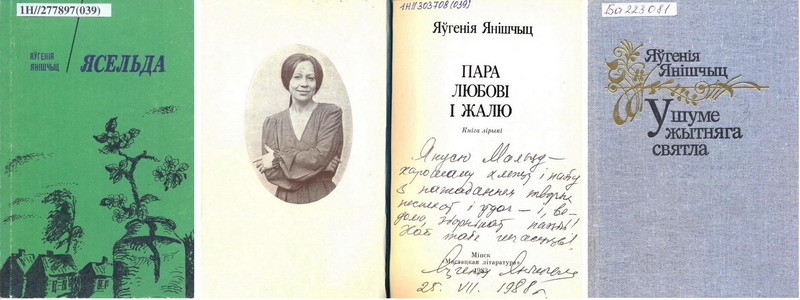
Yauhenia Yanishchyts also wrote short stories, essays, and appeared in the press with articles and reviews. Some works were printed posthumously. Unfortunately, on November 25, 1988, 5 days after the 40th anniversary, Yauhenia's life tragically ended. Vasil Bykay, who she once dedicated the poem "Obelisks" to, years later responded to her dramatic fate: "Zhenya was the most talented of all the most talented poetesses of Belarus, the most chaste and perfect. It is a great misfortune that she passed away so early. But there is also some kind of destiny – it has been said for a long time and not by us that God takes the best to himself. But it's a pity – Zhenya's place in our poetry has remained empty, apparently, there will be no one to take it for a long time. After all, this is a very worthy place."
In the year of the 50th anniversary of the birth of Y. Yanishchits, several commemorative events were held in the Pinsk region: the Pinsk district library and one of the streets of the city were named after her; the Literary Museum of Yauhenia Yanishchyts was opened in the small homeland in the Porech secondary school (in 2008 the school was named after the poetess, and in 2013 the museum received the status of people's); in the village of Velesnitsa, Pinsky district, the park of honour was founded. A monument was erected on the grave of the poetess in 1993.
There are several TV programs and films dedicated to Yauhenia Yanishchyts:"Polesie dear child" (1993, authors – V. Saturday and V. Gumilevskaya), the author's program of A. Domoratsky "The world of a distant star. Yauhenia Yanishchyts " (2008), the film "Dangerous Talent" (2008; based on the script of the poetess R. Borovikova), etc. The republication of selected works "Yauhenia Yanishchyts: works, biography, comments" (2016-2019) was carried out. Many poets (Taisiya Bondar, Anatoly Vertinsky, Sergey Grakhovsky, Vasily Zuenok, Nina Matyash, Mikhail Pozdnyakov, Pimen Panchenko, etc.) dedicated their works to her.
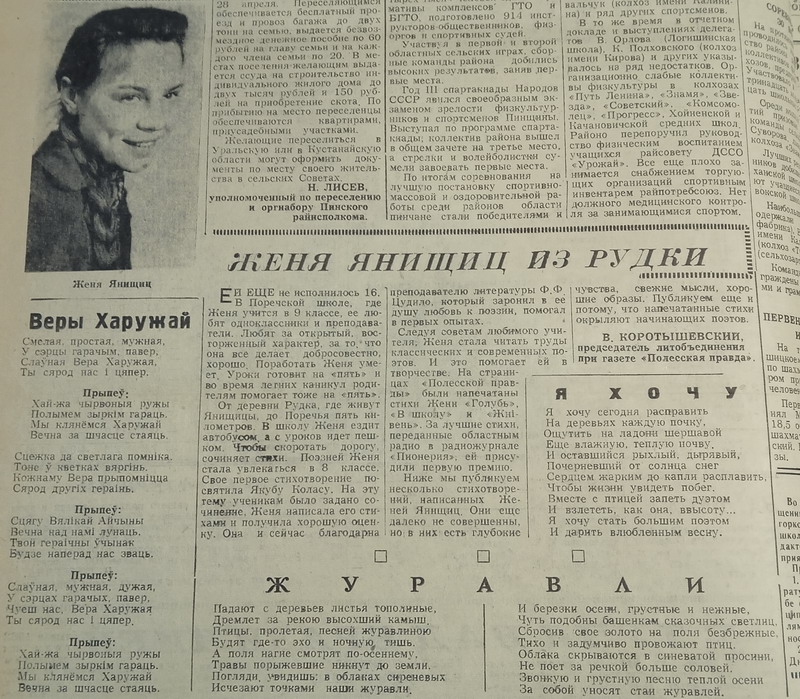
"Polesskaya pravda" («Полесская правда»). - 1964. - April 11 (No. 44). - P. 4.
Bibliographic and textual materials about the life and work of the talented poetess are available in the electronic resources of the National Library of Belarus: electronic catalog, online encyclopedia "Belarus in persons and events".
In slider:
"Birch" («Бярозка») .– August (No. 8), 1964. – p. 25.
"Birch" («Бярозка»).– June (No. 6), 1965. – p. 29.
"Birch" («Бярозка»). – December (No. 12), 1964. – p. 18.
The material was prepared by the research department of the library.

